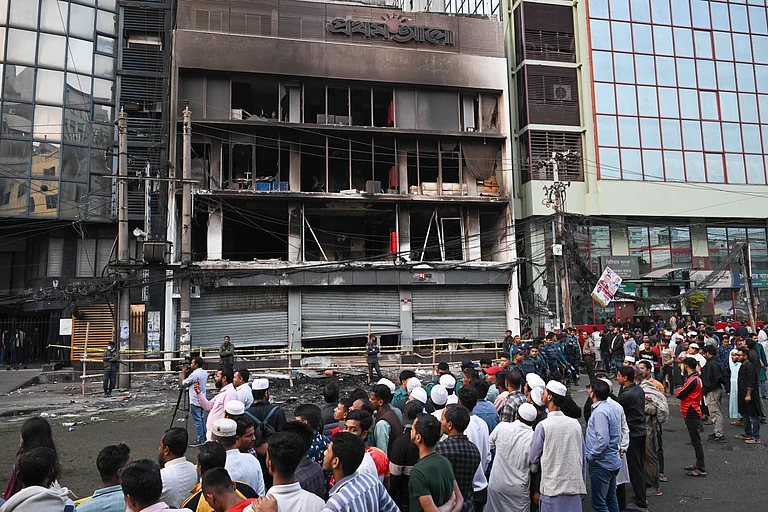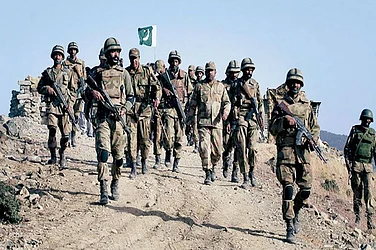In the course of the last two months, student protests over job quotas in Bangladesh initiated a massive political upheaval that left many dead, forced a Prime Minister to resign and leave the country, and brought in an interim government. Apparent biases in recruitment to government jobs was a catalyst for college students facing an economy of “jobless growth” to take to the streets. This escalated into widespread civil disorder, and led to the demand for Sheikh Hasina’s resignation.
Hasina, whose name had become synonymous with Bangladesh over the last decade, is now out of power. The former Bangladesh prime minister arguably had the closest ties with New Delhi among neighbouring leaders. Bangladesh’s main opposition parties – the Bangladesh Nationalist Party and the Jamaat-e-Islami – have traditionally favoured closer ties with China and Pakistan over India. India is now in a tough spot as its relationship with a neighbour who shares a politically sensitive border has become complicated.
In Outlook’s next issue, we address the ongoing situation in Bangladesh, and the hopes and concerns of its people as they search for stability under an interim government led by 2006 Nobel Peace Prize awardee Mohammad Yunus.
Is this India’s hour of reckoning? What will be the fallout of Bangladesh’s uproar in South Asia and global geopolitics? What is the fallout of Hasina seeking refuge in India On its ties with any future Bangladeshi leadership?
Does it threaten India’s relationship with other neighbouring allies like Nepal, Sri Lanka and Bhutan? Is this a boost to India’s not-so-friendly neighbours, Pakistan and China?
Meanwhile, the horrific rape and murder of a young doctor in Kolkata’s esteemed RG Kar medical college has triggered a nationwide outrage. As the clock struck 12 on the eve of India’s 78th Independence Day, women took to the streets of Kolkata demanding justice. Similar protests were seen across other cities in India as well as abroad. Outlook’s upcoming issue will address this and more.








.jpg?auto=format%2Ccompress&fit=max&format=webp&w=768&dpr=1.0)

















